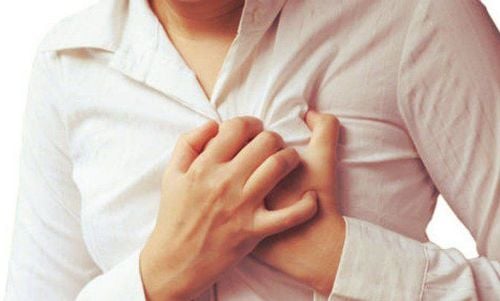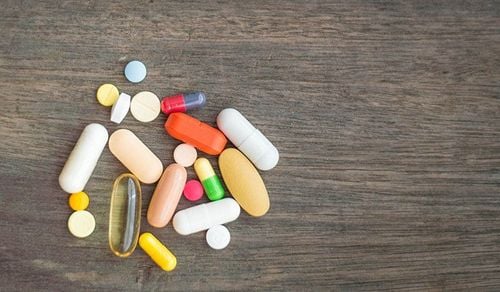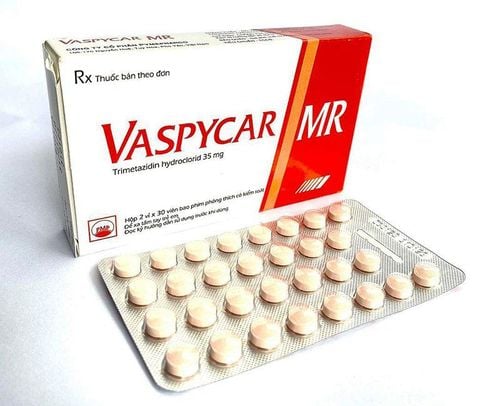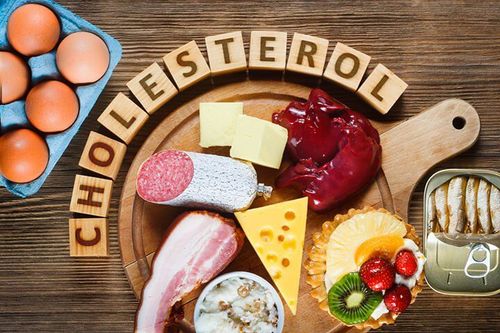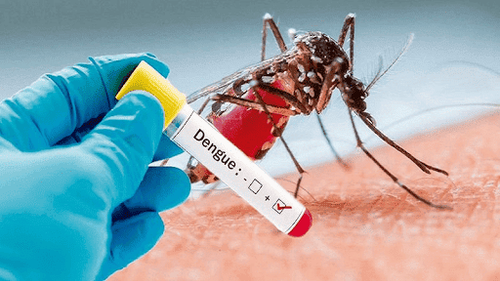This is an automatically translated article.
Cholesterol plays an important role in almost every function of the body. Therefore, the addition of foods rich in good cholesterol is essential for health as well as preventing the risk of disease. So what are the cholesterol-rich foods that should be included in the diet?
1. What is cholesterol and what kind of cholesterol is good for health?
Cholesterol is a fat that is naturally produced by the liver and found in our blood. Cholesterol is used for many different purposes by the body, but it can become a health problem if levels get too high in the blood.
Cholesterol in our body is classified into two types:
Low Density Lipoprotein (LDL) - also known as 'bad' cholesterol because can increase the accumulation of plaque (fat accumulation) in animals and increases the risk of heart disease as well as coronary artery disease. High-density lipoprotein (HDL) - also known as 'good' cholesterol because it can help protect against heart disease as well as coronary artery disease. In general, “good” cholesterol (HDL cholesterol) is the type of cholesterol that is beneficial for health. However, there are no foods that contain only good cholesterol, so eating too many foods, even those advertised as high in good cholesterol, is not a healthy choice.
Most people with high cholesterol feel perfectly fine and often have no symptoms. The best way to know if a person's cholesterol is high is to have a blood test. GPs can also check heart health to calculate each patient's risk of heart disease and stroke.
High blood cholesterol is considered a dangerous medical condition. Some causes of high blood cholesterol include:
Eat less foods containing healthy fats - healthy fats tend to raise good cholesterol (HDL). Eating a lot of foods that contain unhealthy fats (saturated and trans fats) - such as fatty meats, full-fat dairy products, butter, coconut oil, palm oil, and most fried foods and baked goods (such as pies, cookies, cakes). Foods high in trans fats include most baked goods and "instant" fried foods. Eat less foods that contain fiber — foods high in fiber, especially soluble fiber, can lower the amount of LDL cholesterol in your blood. Include foods that contain fiber in your diet by choosing vegetables, fruits, whole grains, nuts and seeds every day. Cholesterol in foods (dietary cholesterol) - this has only a small effect on unsaturated fats LDL (bad) cholesterol, and trans fats in foods have a much larger effect. Heredity - family history can affect your cholesterol levels (also known as familial hypercholesterolemia). Some people will develop high cholesterol even if they follow a healthy, balanced diet low in saturated and trans fats. These people may need to take cholesterol-lowering medications as prescribed by their doctor.
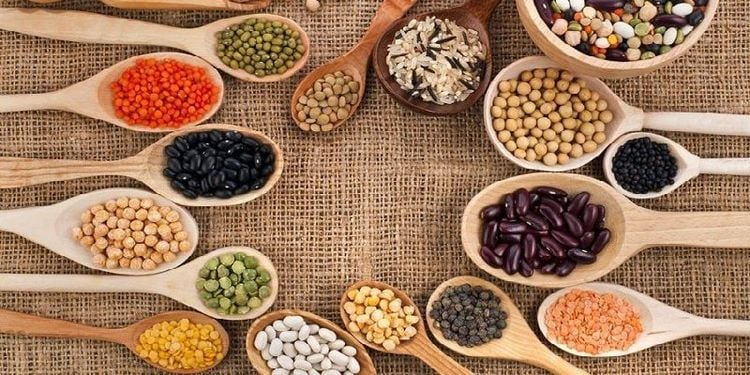
Ăn thực phẩm chứa chất xơ như rau, trái cây, ngũ cốc nguyên hạt để giảm lượng cholesterol "xấu" trong máu của bạn
2. 7 healthy cholesterol-rich foods
For years we have been told that high cholesterol foods increase the risk of heart disease. However, many recent studies have shown that this is not entirely true.
Most of the cholesterol in the blood is produced by the liver. When we eat foods rich in cholesterol, the liver also reduces the amount of cholesterol it produces. For this reason, dietary cholesterol has only a small impact on blood cholesterol levels in most people. Studies also show that eating cholesterol in the diet has no association with heart attacks or strokes. What's more, many cholesterol-rich foods are among the healthiest and most nutritious. Here are 7 foods that are high in cholesterol but actually have a healthy impact.
2.1. Cheese
Cheese is a delicious, filling and nutrient-dense food. A 30-gram serving of cheese or a slice of cheddar provides 28 mg of cholesterol, a relatively high amount.
However, cheese also contains many other nutrients. For example, a 30-gram serving of cheddar has 7 grams of quality protein and provides 15% of the recommended daily requirement (DV) for calcium.
Although it's also high in saturated fat, research shows that cheese can improve heart health. High-protein, low-carb dairy foods like cheese can also help reduce body fat and increase muscle mass.
2.2. Egg
Eggs are one of the most nutritious foods. They are also rich in cholesterol, 2 large eggs can provide up to 372 mg of cholesterol. Additionally, they provide 13 grams of protein, 56% of the recommended daily requirement for selenium, as well as high amounts of riboflavin, vitamin B12, and choline. Unfortunately, some people throw away the cholesterol-rich yolk and just eat the egg white. This is due to the fear associated with the incorrect understanding of cholesterol.
However, until now, scientists still assert that the yolk is still the most nutritious part of the egg. It provides almost all the nutrients, while the white contains mostly only protein. In addition, egg yolks contain the antioxidants lutein and zeaxanthin, which help reduce the risk of eye diseases like cataracts and macular degeneration.
2.3. Liver
The liver is believed to be the body's nutritional powerhouse. It is also rich in cholesterol, regardless of animal origin. For example, a 100-gram (3.5-ounce) serving of beef liver contains 389 mg of cholesterol. This serving also provides 27 grams of protein and is packed with vitamins and minerals. In fact, it contains more than 600% of the daily recommended intake for vitamin A and more than 1,000% of the recommended daily requirement for vitamin B12. Furthermore, it also provides 28% of the recommended daily requirement for iron. In addition, 100 grams of beef liver also contains 339 mg of choline, an important nutrient that helps protect the health of our brain, heart, liver and muscles. Along with eggs, liver is one of the best sources of choline in the world. This is important because most people often don't get enough of this nutrient.
2.4. Shellfish
Shellfish are delicious and nutritious food. Some of the most common types of shellfish include shrimp, crab, lobster, mussels, oysters, clams, and scallops. Interestingly, shellfish is low in fat but high in cholesterol. For example, a 100-gram (3.5-ounce) serving of shrimp contains 211 mg of cholesterol and only 2 grams of fat. It is also an excellent source of protein, being rich in vitamin B12 and choline.
Likewise, one serving of most shellfish provides about 90% of the daily requirement for selenium, a mineral that reduces inflammation and may reduce prostate cancer risk.
In addition, shellfish is one of the best sources of iodine, which is important for brain and thyroid function. Research has shown that many people are at risk of iodine deficiency, especially women and children.
2.5. Cod Liver Oil Cod liver oil offers incredible health benefits in concentrated form. Just one tablespoon of cod liver oil can contain 570 mg of cholesterol. It also contains 453% of the recommended daily requirement for vitamin A and 170% of the recommended daily requirement for vitamin D. Cod liver oil is also rich in omega-3 fatty acids, which may reduce the risk of heart disease and provide many other benefits. What's more, some researchers have suggested that vitamin D and omega-3 fats may work together to protect against cancer.
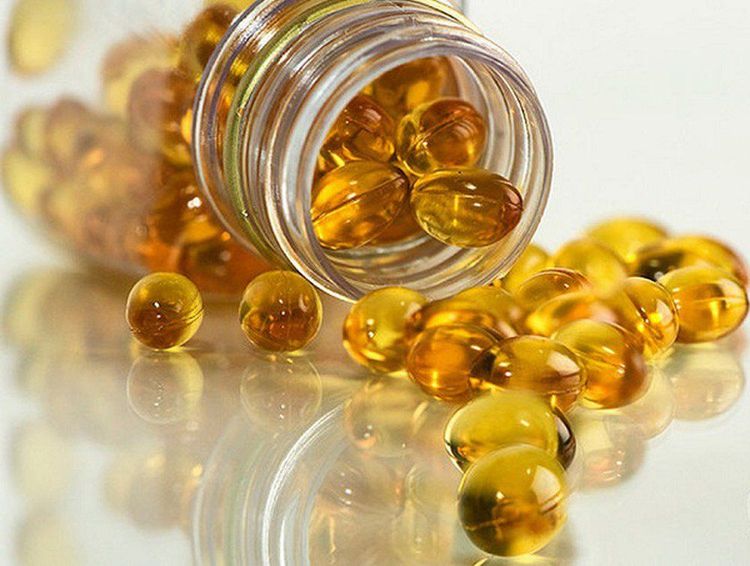
Dầu gan cá tuyết chứa nhiều cholesterol "tốt", giàu axit béo omega-3 giúp làm giảm nguy cơ mắc bệnh tim mạch
2.6. Other organ meats
Although liver is the most common type of organ meat, other organs are also consumed, the most common being kidneys, heart and brain. Like shellfish, most organ meats are high in cholesterol and low in fat. For example, a 100-gram (3.5-ounce) serving of lamb kidney contains 565 mg of cholesterol and only 4 grams of fat.
Organ meats are also rich in several vitamins and minerals, including B vitamins, selenium and iron. In fact, 100 grams of lamb kidney provides the equivalent of 3,288% of the daily recommended intake for vitamin B12 and 398% of the recommended daily requirement for selenium. In addition, heart meat is very high in CoQ10, which can reduce symptoms of heart failure. CoQ10 may also reduce muscle pain associated with cholesterol-lowering statin drugs.
2.7. Pilchard
Sardines can really be considered a superfood. They also have a much higher cholesterol content than we can imagine. A 100-gram (3.5-ounce) serving of sardines contains 142 mg of cholesterol. A serving of sardines like the one above also provides 25 grams of protein, 24% of the recommended daily requirement for vitamin D, 29% of the recommended daily requirement for calcium and 96% of the recommended daily requirement for selenium.
Plus, it contains 982 mg of omega-3 fatty acids. They have many health benefits, including reducing the risk of heart disease and protecting brain health. Omega-3 fats may also reduce symptoms in people with depression. In one 12-week study, 69% of people who took the omega-3 fatty acid eicosapentaenoic acid (EPA) daily reported a reduction in symptoms of acquired depression.
Dietary cholesterol has only a minimal impact on blood cholesterol levels in most people because blood cholesterol levels are regulated by the liver. More importantly, it's not as strongly associated with heart disease risk as is traditionally believed. The truth is that most foods high in cholesterol are also very healthy and nutritious with health benefits. Once you know the foods rich in cholesterol, you should pay attention to fully add them in your daily diet to provide nutrients for health as well as limit the risk of many diseases.
Please dial HOTLINE for more information or register for an appointment HERE. Download MyVinmec app to make appointments faster and to manage your bookings easily.
References: .healthline.com - betterhealth.vic.gov.au




